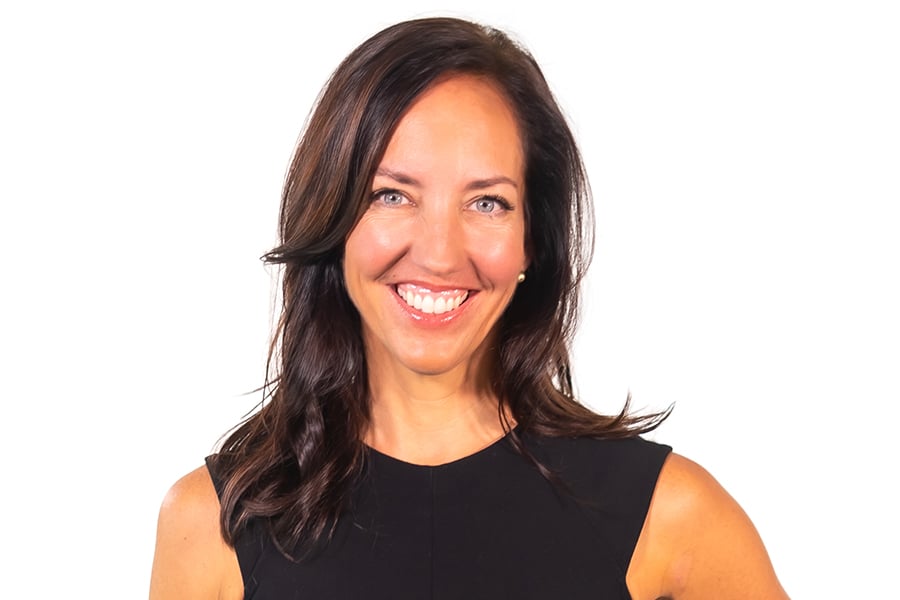

Even before 2020, numerous changes were underway in the financial planning industry, ranging from fee compression and an increased emphasis on technology to changing client expectations and a looming succession crisis. Then the COVID-19 pandemic hit.
“We thought these changes would play out over the next three to five years,” Shannon Spotswood, president of RFG Advisory, a platform for independent financial advisers, told the first virtual Women Adviser Summit of 2021.
“As a result of COVID, that pace of change has been put on steroids,” Spotswood said. “What really happened is we compressed all of those changes into 2020.”
The bottom line: Financial planning is now less about portfolio management and more about helping clients achieve their personal goals.
“People are no longer looking at their financial plan and saying, ‘I want to die rich,’” Spotswood said. “They are saying, ‘I want to live richly.’”
To help clients do that, advisers need to rethink how they spend their time.
“So many advisers pride themselves on the multiple roles they play in their firm, but about 40% of advisers’ time is spent on non-revenue-generating activity, such as operations or portfolio management,” Spotswood said. Advisers should be focusing instead on the client experience and prospecting.
“It’s a bit like the Marie Kondo art of tidying up,” she said, referring to the world-famous organizational guru who espouses decluttering as a way to spark joy. “You should ask yourself does this bring your client joy?”
Spotswood said the key to a successful financial planning practice is to clearly articulate your value proposition. Ask yourself what makes you different and then take it a step further. Are you communicating that to your clients? What are you doing to build a culture within your firm that reflects that? Think of it as future-proofing your business, she said.
Speaking of the future, Spotswood said the recent headlines over GameStop provide some important insights into the next generation of potential clients.
“NextGen wants to be engaged in the market and there is a hunger for financial advice,” she said.
“Our business has been set up to service people who have assets, but that leaves out a large part of the population that is interested in financial planning and their future,” Spotswood said. “We gave the impression, if you don’t have assets, we’re not interested.”
Advisers should consider revamping their business models to serve a new generation of investors, using digital platforms to deliver financial education, perhaps on a monthly subscription model.
“There’s a reason Netflix is so successful,” she noted. “Millennials are more willing to pay for advice than baby boomers. It just needs to be delivered at the right life stage.”
Spotswood also stressed the importance of lifelong learning in this age of longevity. A key example is the certified financial planner designation.
“A CFP designation is a fantastic tool,” she said. “It points to where you are spending your time and puts you in a prime position to be an expert in planning.”
“It allows you have the important conversations about generational wealth, estate planning and trade-off decisions,” Spotswood added. “The CFP designation is the differentiator and hugely important in our industry.”

By listening for what truly matters and where clients want to make a difference, advisors can avoid politics and help build more personal strategies.

JPMorgan and RBC have also welcomed ex-UBS advisors in Texas, while Steward Partners and SpirePoint make new additions in the Sun Belt.

Counsel representing Lisa Cook argued the president's pattern of publicly blasting the Fed calls the foundation for her firing into question.

The two firms violated the Advisers Act and Reg BI by making misleading statements and failing to disclose conflicts to retail and retirement plan investors, according to the regulator.

Elsewhere, two breakaway teams from Morgan Stanley and Merrill unite to form a $2 billion RIA, while a Texas-based independent merges with a Bay Area advisory practice.
Orion's Tom Wilson on delivering coordinated, high-touch service in a world where returns alone no longer set you apart.
Barely a decade old, registered index-linked annuities have quickly surged in popularity, thanks to their unique blend of protection and growth potential—an appealing option for investors looking to chart a steadier course through today's choppy market waters, says Myles Lambert, Brighthouse Financial.
